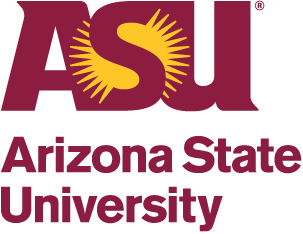
Educators emerge from a variety of degree programs and backgrounds connected by a common passion for instilling knowledge and inspiring others. ASU believes in the power of education, and strives to provide access to knowledge for all who seek it. Through ASU’s partnerships with The Princeton Review, The Center for Global Education at Asia Society and ASU, Teach for America and local school districts through the iTeach program, educators are given every opportunity to succeed. Graduates with a career interest in education lobby for public school policy reform, create new curriculum and educational technology tools and develop solar libraries to empower schools abroad.
Explore the Education Career Interest Community Overview.


















